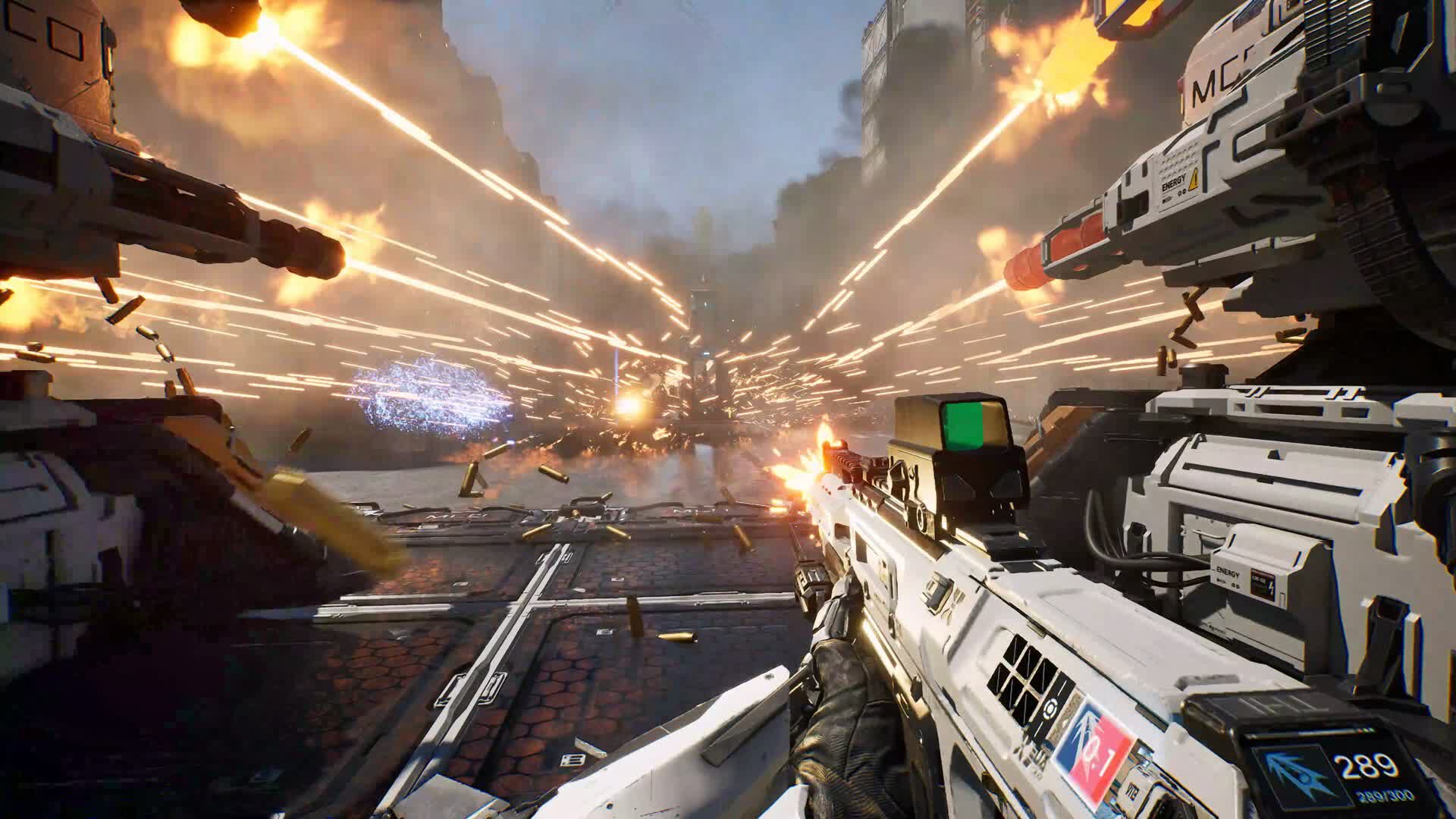PSA: Most patch notes for PC games inform players about the developer's progress in fixing bugs. However, the situation with Outpost: Infinity Siege appears to be so bad that a recent update mainly consisted of steps players should take to avoid crashes, including underclocking certain Intel CPUs. Admittedly, the problem isn't entirely with the developer in this case.

The developer of Outpost: Infinity Siege suggested that players using Intel i9-13900K or 14900K CPUs should downclock them from 5.5GHz to around 5GHz to avoid crashes. The tower defense first-person shooter hybrid game is the latest to suffer frequent crashes on these processors.
Developer Team Ranger launched Infinity Siege earlier this week and has issued four patches in the few days since to address crashes and other problems that are likely dragging down its Steam rating. Although the patch notes highlight many issues the studio has addressed on its end, it also gave users suggestions for minimizing crashes.
Aside from underclocking the CPU using Intel XTU, Team Ranger advised players to change power settings to energy-saving mode, verify game file integrity, and use the latest graphics drivers. However, Infinity Siege may have simply launched at the wrong time.
I believe there are Reports of this during the shader compile for Horizon Forbidden West.
– Alexander Battaglia (@Dachsjaeger) March 27, 2024
Intel needs to get on this https://t.co/9iHiN4Qb9M
Since February, users with 13th and 14th-generation Intel i7 and i9 processors have reported frequent crashes in many games and other applications. The problem disproportionately but not exclusively affects Unreal Engine titles (like Infinity Siege). Examples include Remnant 2, Nightingale, CineBench, and Handbrake. Crashes have also been reported during the shader compilation processes in Star Wars: Jedi Survivor, Lies of P, and Horizon: Forbidden West. Furthermore, Team Ranger suggests that GeForce RTX 4090 owners should undervolt, but others haven't mentioned related problems stemming from GPUs.
The developers of the popular Bink video codec and Oodle data compressor blame flawed default BIOS settings for making the affected processors too power-hungry while under load. The available evidence suggests the ball for fixing the problem lies entirely in Intel's court.
The issue should be a priority for Intel, as most users likely aren't experienced with overclocking or underclocking, but those affected could take this as an opportunity to learn in the meantime. Although undervolting using Intel XTU can help, doing so through the BIOS instead ensures that the system remembers the new settings. Disengaging overclocking functions from motherboard vendors is a given.